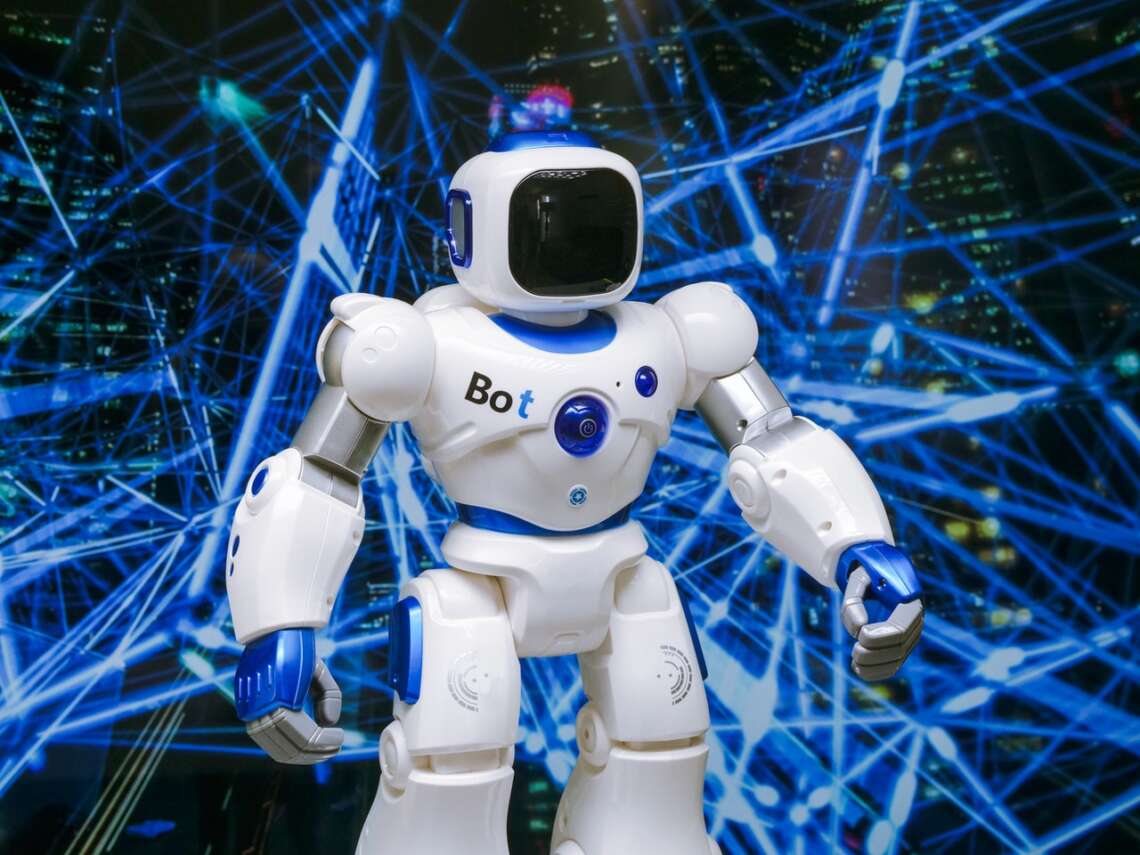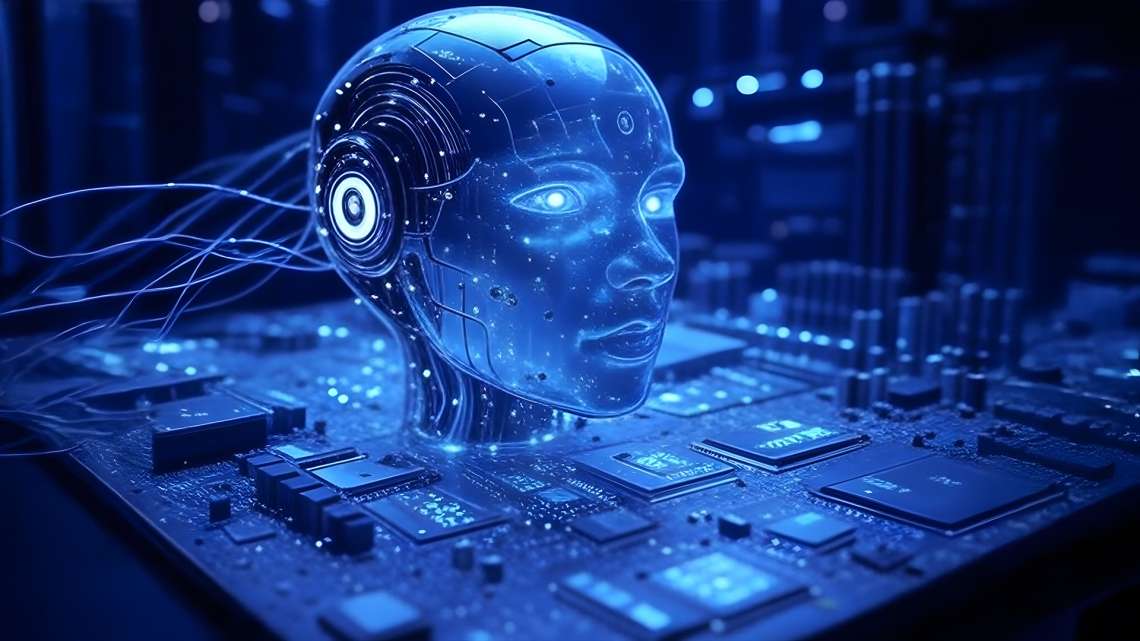AI-driven automation is also revolutionizing manufacturing, logistics, and healthcare. Companies are deploying AI-powered robots to handle repetitive tasks, optimize workflows, and improve accuracy. This shift is not only enhancing productivity but also reducing operational costs and human error
Artificial intelligence is rapidly transforming industries, with AI-powered robots now playing a significant role in football management and business operations worldwide. From influencing player transfers and managerial decisions to revolutionizing corporate strategies, AI is changing the way decisions are made.
In the world of football, AI-driven technology is taking control of key decisions at multiple top-tier clubs. Sports analytics firm PLAIER has revealed that AI systems are actively shaping transfer policies and managerial appointments across major leagues. The technology can analyze a squad’s overall strength, predict the impact of new signings before they even join, and even forecast potential injuries. This approach helps clubs minimize risks and maximize performance by making data-backed decisions.
Jan Wendt, PLAIER’s co-founder, emphasized how AI is revolutionizing football data analysis. According to him, AI can determine how strong a team needs to be to achieve its goals, predict the contribution of each player to the team’s success, and assist in identifying the right players to sign. It can also evaluate whether a team would perform better under a different coach, potentially influencing managerial sackings and appointments.
Beyond football, AI is also redefining business landscapes across industries. Companies are increasingly integrating AI into their operations, particularly in areas such as automation, cybersecurity, robotics, and supply chain management. Businesses are investing heavily in AI-powered systems to streamline processes, improve efficiency, and enhance decision-making.
One of the most notable areas of AI growth is cybersecurity, where generative AI is playing a crucial role in identifying and mitigating digital threats. With the increasing complexity of cyberattacks, AI-powered security solutions are enabling faster detection and response times, helping organizations stay ahead of evolving threats.
AI-driven automation is also revolutionizing manufacturing, logistics, and healthcare. Companies are deploying AI-powered robots to handle repetitive tasks, optimize workflows, and improve accuracy. This shift is not only enhancing productivity but also reducing operational costs and human error.
In supply chain management, AI is transforming how companies handle logistics, inventory, and demand forecasting. Businesses are leveraging AI to improve supply chain efficiency, predict potential disruptions, and enhance overall performance. The adoption of AI-powered logistics solutions is expected to grow significantly in the coming years, allowing companies to adapt to changing market conditions more effectively.
The use of AI in decision-making is becoming increasingly prevalent across various industries. From predicting consumer behavior to optimizing business strategies, AI is helping organizations make data-driven choices that lead to better outcomes. This trend is expected to accelerate as AI technology continues to evolve and integrate with emerging innovations.
As AI-powered systems become more sophisticated, their impact on both sports and business will only grow. In football, AI is changing the way clubs operate, ensuring that player transfers, coaching decisions, and performance analysis are driven by data rather than intuition. In the corporate world, AI is reshaping industries by enhancing security, improving efficiency, and driving innovation.
With AI’s rapid advancement, its influence on global industries is becoming increasingly profound. As businesses and sports organizations continue to embrace AI-driven solutions, the future promises a world where technology and data shape success across multiple domains.














